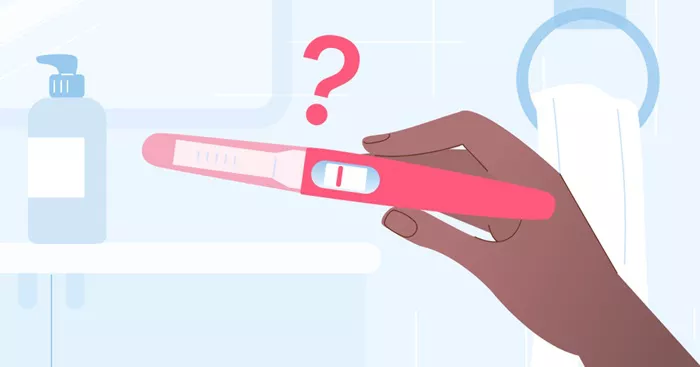Deciding when to start a family is a complex and personal decision, one that my husband and I have been grappling with as we approach the two-year mark of our marriage. At 32 and 35, respectively, we’ve spent seven years contemplating the future, and now, as a couple committed to building a family, the question looms: Are we ready for children, and when should we start?
As professionals enjoying our newlywed years, the concept of parenthood can feel daunting, especially when the prospect of motherhood seems distant. Recently, however, I sought clarity by visiting RMA of New York’s fertility clinic to consult with Dr. Lucky Sekhon. My goal wasn’t to initiate treatments, but rather to understand my fertility health. Though I was initially hesitant about freezing my eggs due to concerns over the pain and perceived need for it, my curiosity about starting a family later in life pushed me to take the next step.
During my appointment, I underwent a fertility assessment that included a blood test for anti-mullerian hormone (AMH) levels and a transvaginal ultrasound to examine my ovaries. These tests provided valuable insights into my fertility. Although the reliability of these tests can vary, I found them extremely informative. One critical finding was a diagnosis of polycystic ovary syndrome (PCOS), a hormonal condition affecting 8-13% of reproductive-aged women. PCOS can lead to a range of symptoms such as irregular periods, weight gain, and fertility challenges, and diagnosing it can be tricky due to fluctuating hormone levels. According to the Mayo Clinic, a PCOS diagnosis is made when a patient has at least two of the following: irregular cycles, high levels of androgens (such as testosterone), and multiple cysts on the ovaries.
For me, the diagnosis was a relief in some ways—several ongoing health issues suddenly made sense. But it also brought frustration, as treating PCOS is complicated, and much of the advice online is generic, such as encouraging exercise and healthy eating. Nevertheless, it helped me understand that my fertility may not be as straightforward as I had hoped.
The key challenge with PCOS is that it disrupts ovulation, making it difficult to predict the best time to conceive. Unlike women with regular cycles, those with PCOS often struggle to track ovulation, which can hinder natural conception. As Dr. Sekhon explained, the inefficiency of human reproduction is compounded by PCOS, making conception harder.
Despite these obstacles, the ultrasound revealed that my cystic ovaries made me an excellent candidate for egg retrieval, with 16 potential eggs visible on one ovary alone. Armed with this new information, my husband and I made the decision to proceed with freezing embryos. We knew it would require multiple rounds of hormonal treatment, which was both intense and daunting. Over the course of nine days, I underwent daily monitoring, including blood tests and ultrasounds, and took multiple shots per day. The experience was physically demanding—my ovaries grew larger, and I felt the effects of the hormone injections.
Despite the pain and inconvenience, this process has put us in a hopeful position, and I’m now managing my PCOS with a medication called metformin, which has been helpful for many women with similar symptoms. While the process was more challenging than I anticipated, it has given us the chance to preserve embryos for future use, offering us the flexibility to start a family on our own terms when we are ready.
Ultimately, the journey has been transformative, and I’ve gained a deeper understanding of my body and its unique challenges. The fertility treatments may have been tough, but they were worth it. With embryos stored and a clearer picture of my health, I feel empowered to face the future and proud of the steps we’ve taken.
Related topics:
Gwen Walz Criticizes Trump and Vance Over IVF and Family Planning Remarks in Campaign Speech
Bengaluru’s Bold Step: Free IVF Treatment to Support Families Struggling with Infertility


























